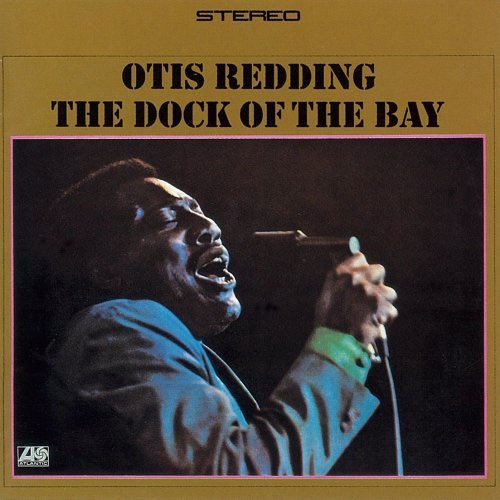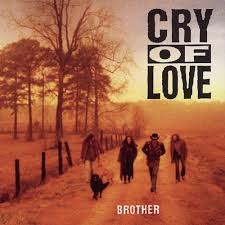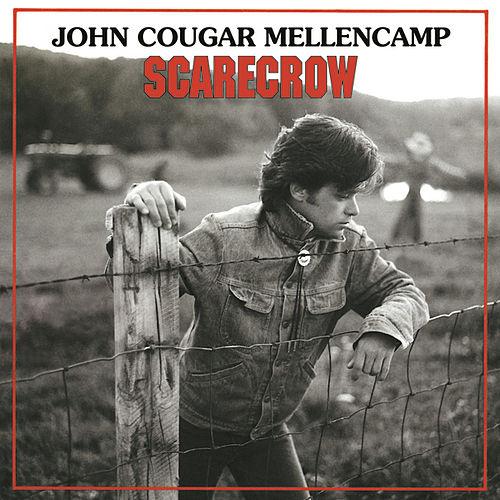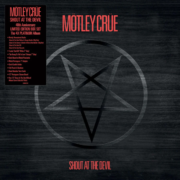History of Southern Rock- Gregg Allman, Dickey Betts, Gary Rossington, Henry Paul, Doug Gray
Had the plane carrying Georgia soul singer/writer Otis Redding and several of his Bar Kays band members not plunged into that icy Wisconsin lake in December 1967, it’s highly unlikely that Redding’s Macon GA-based manager Phil Walden would have been actively looking to develop new, unknown bands in 1969 for his new Capricorn Records label, and thus enable a sound known as Southern Rock. Redding was poised to cross over from the soul/ r & b world to a wider (and yes, whiter) mainstream audience at the time of the tragic plane crash, evidenced by his “Sitting on the Dock of the Bay” going #1 on the pop charts in early 1968.
Audio PlayerGrowing up in the segregated American Deep South near Nashville TN and later Daytona Beach, FL in the 1950s and early 1960s, the late Gregg Allman, the younger of the Allman Brothers Band which included gifted lead guitarist Duane Allman, had a friend named Floyd Miles. “He took me, literally, across the (railroad) tracks of town,” Gregg told me. “Back then, maybe 1960, it wasn’t cool to go over to ‘Black Town’, you know what I mean? He took me to this combination drugstore-barber shop- convenience store-record shop. All in one room. And there was this big bin in there full of records, and they were on sale for, I think, like a buck! And he (Floyd) saying ‘This is Sonny Boy Williamson, and this is Jimmy Reed, this is Otis Redding, this is Howlin’ Wolf.’ And the music was gutsy, man, and it had something to hold onto,” Gregg Allman confessed. “I just became totally infatuated with it. And every dime I got went to that record store. And I’d set at home learnin’ them licks, learned to play.” Songwriter/organist/singer Gregg Allman and his older brother, guitarist Duane, were at the creative epicenter of the Southern Rock genesis, forming the Allman Brothers Band in March 1969 with a repertoire of blues standards by Muddy Waters, T-Bone Walker, and Willie Dixon – black Americans all. It’s clearly evident that the ABB was integrated from the outset, musically and otherwise, which continued to their final day. While true that the group would soon become augmented with original songs by the 21 year-old Gregg, how ironic that the Southern Rock movement, led by the Allman Brothers Band on Walden’s Capricorn Records and later often associated with white Dixie flag-waving good ol’ boys, was actually borne from the musical success and misfortune of Otis Redding, a black American. In the Studio‘s History of Southern Rock is part one of two. – Redbeard











